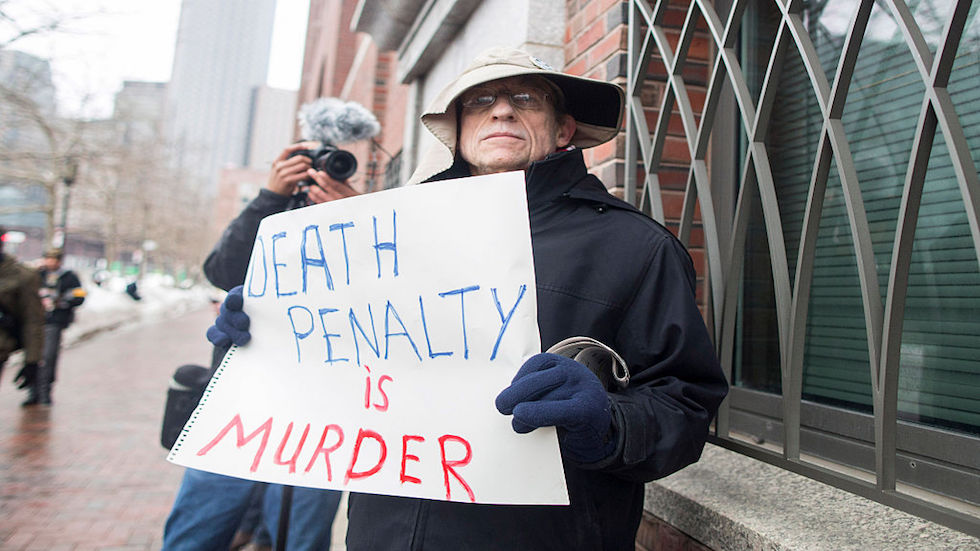Capital punishment, also known as the death penalty, is a highly controversial topic that has been discussed for centuries. The practice of capital punishment involves taking the life of a convicted criminal, typically for a serious crime such as murder. While some argue that capital punishment is necessary to deter crime and provide justice for victims, others believe that it is morally wrong and ineffective. In this post, we will explore the impacts of capital punishment on society, crime rates, and human rights.
Impact on Society
One of the most significant impacts of capital punishment is its effect on society. Supporters of the death penalty argue that it acts as a deterrent, reducing the likelihood of people committing crimes. However, research has shown that capital punishment is not an effective deterrent. In fact, states with the death penalty often have higher murder rates than states without it. Additionally, the use of capital punishment can create a culture of violence, perpetuating the idea that the state can take a life in response to a crime.
Impact on Crime Rates
Another impact of capital punishment is its effect on crime rates. While some argue that the death penalty deters crime, others suggest that it has no effect or even increases crime rates. This is because the death penalty may not be applied fairly or consistently, leading to a lack of faith in the justice system. Additionally, the use of capital punishment does not address the root causes of crime, such as poverty, mental illness, and addiction.
Impact on Human Rights
Perhaps the most concerning impact of capital punishment is its violation of human rights. The right to life is enshrined in the Universal Declaration of Human Rights and international law. Capital punishment violates this right and has been deemed a cruel and inhumane practice by many human rights organizations. The use of the death penalty also disproportionately affects marginalized groups such as people of color and those with low income.
Conclusion
In conclusion, the impacts of capital punishment are complex and multifaceted. While some may argue that it provides justice for victims and deters crime, research suggests otherwise. Capital punishment can perpetuate a culture of violence, has no effect on crime rates, and violates human rights. Instead of relying on the death penalty, we should focus on addressing the root causes of crime and creating a fair and just criminal justice system.











